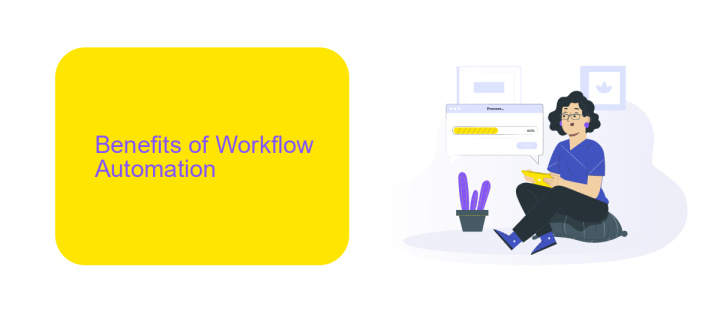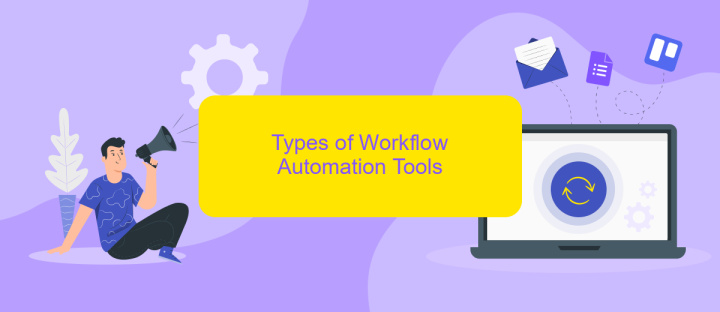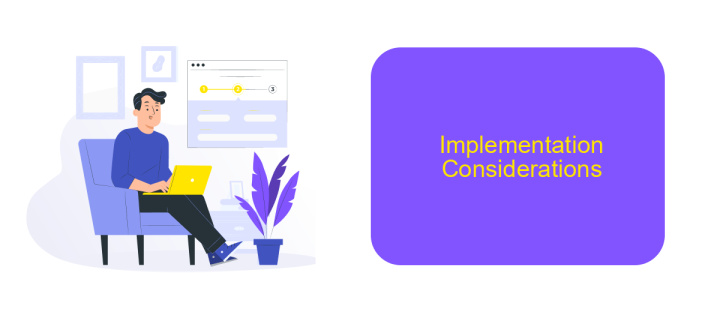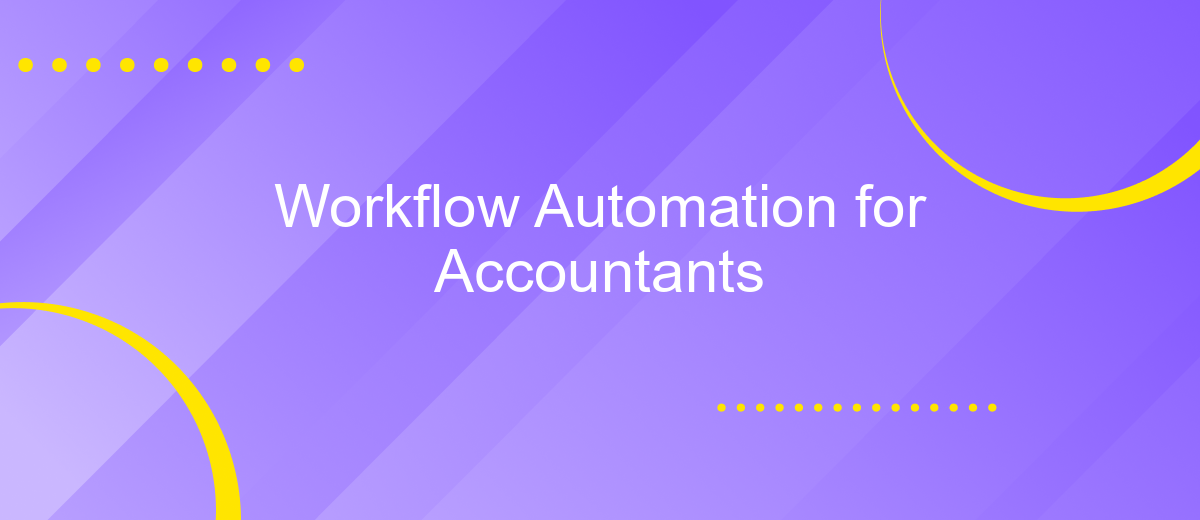Workflow Automation for Accountants
In the fast-paced world of accounting, efficiency and accuracy are paramount. Workflow automation offers a transformative solution, streamlining repetitive tasks and reducing human error. This article explores the benefits and practical applications of workflow automation for accountants, demonstrating how technology can enhance productivity, improve compliance, and free up valuable time for more strategic activities. Discover how automation can revolutionize your accounting practice.
Introduction
In today's fast-paced business environment, accountants are increasingly turning to workflow automation to streamline their processes and enhance productivity. By automating repetitive tasks, accountants can focus on more strategic activities that add value to their organizations.
- Reduce manual data entry and minimize errors
- Improve efficiency and save time
- Enhance accuracy and compliance
- Facilitate better decision-making with real-time data
One of the key tools in achieving effective workflow automation is the use of integration services like ApiX-Drive. This platform allows accountants to connect various applications and automate data transfer between them seamlessly. By leveraging such tools, accountants can ensure that their workflow is not only efficient but also adaptable to changing business needs.
Benefits of Workflow Automation

Workflow automation offers accountants numerous benefits, significantly enhancing their efficiency and productivity. By automating repetitive tasks such as data entry, invoice processing, and report generation, accountants can focus on more strategic activities that add value to the business. This not only reduces the likelihood of human error but also ensures that tasks are completed faster and more accurately. Consequently, workflow automation helps in meeting deadlines and maintaining compliance with regulatory requirements.
Moreover, integrating various accounting tools through services like ApiX-Drive allows for seamless data transfer and synchronization between different platforms. This eliminates the need for manual data migration, reducing the risk of data discrepancies and saving valuable time. With automated workflows, accountants can easily track and manage financial data in real-time, providing better insights and facilitating informed decision-making. Overall, workflow automation streamlines accounting processes, leading to improved operational efficiency and enhanced financial management.
Types of Workflow Automation Tools

Workflow automation tools play a crucial role in streamlining accounting tasks, reducing manual effort, and minimizing errors. These tools come in various types, each designed to address specific needs within the accounting workflow.
- Task Management Tools: These tools help accountants organize, assign, and track tasks. Examples include Trello and Asana, which offer features like task lists, due dates, and progress tracking.
- Document Management Systems: Tools like DocuWare and M-Files allow accountants to store, retrieve, and manage documents efficiently, ensuring compliance and easy access to financial records.
- Integration Platforms: Services like ApiX-Drive facilitate seamless integration between various accounting software and other business applications, automating data transfer and synchronization.
- Expense Management Software: Tools such as Expensify and Concur automate the process of tracking, submitting, and approving expenses, reducing the time spent on manual entry and reconciliation.
- Reporting and Analytics Tools: Platforms like Tableau and Power BI provide advanced data visualization and reporting capabilities, helping accountants analyze financial data and generate insightful reports.
By leveraging these workflow automation tools, accountants can enhance efficiency, maintain accuracy, and focus on higher-value tasks. Choosing the right combination of tools tailored to specific needs can significantly improve overall productivity and operational effectiveness.
Implementation Considerations

When implementing workflow automation for accountants, it is crucial to consider the specific needs and existing processes of your accounting team. Begin by conducting a thorough assessment of current workflows to identify repetitive tasks that can be automated. This ensures that automation targets the most time-consuming and error-prone activities.
Choosing the right tools and platforms is another critical step. Look for solutions that offer seamless integration with your existing accounting software. ApiX-Drive, for example, provides a user-friendly interface to connect various applications without requiring extensive technical knowledge. This can streamline the automation process and enhance overall efficiency.
- Evaluate the compatibility of automation tools with existing software.
- Ensure data security and compliance with industry regulations.
- Provide training for staff to adapt to new automated workflows.
- Monitor and adjust automated processes regularly for optimal performance.
Finally, involve your accounting team in the implementation process to gather valuable feedback and ensure smooth adoption. Continuous evaluation and adjustment of automated workflows will help maintain efficiency and address any emerging challenges promptly.
Best Practices
Implementing workflow automation for accountants requires a strategic approach to maximize efficiency and accuracy. Begin by identifying repetitive and time-consuming tasks that can be automated, such as data entry, invoice processing, and report generation. Utilize reliable automation tools and software that integrate seamlessly with your existing accounting systems. Regularly review and update these processes to ensure they remain aligned with your business goals and regulatory requirements.
Another best practice is to leverage integration services like ApiX-Drive, which can connect various accounting software and applications effortlessly. This ensures a smooth data flow between different platforms, reducing the risk of errors and saving valuable time. Additionally, invest in training for your team to familiarize them with these tools and foster a culture of continuous improvement. By following these practices, you can significantly enhance productivity and maintain high standards of accuracy in your accounting workflows.


FAQ
What is workflow automation for accountants?
How can workflow automation benefit accounting firms?
What types of accounting tasks can be automated?
How do I get started with implementing workflow automation in my accounting practice?
Is workflow automation secure for handling sensitive financial data?
Apix-Drive is a universal tool that will quickly streamline any workflow, freeing you from routine and possible financial losses. Try ApiX-Drive in action and see how useful it is for you personally. In the meantime, when you are setting up connections between systems, think about where you are investing your free time, because now you will have much more of it.

